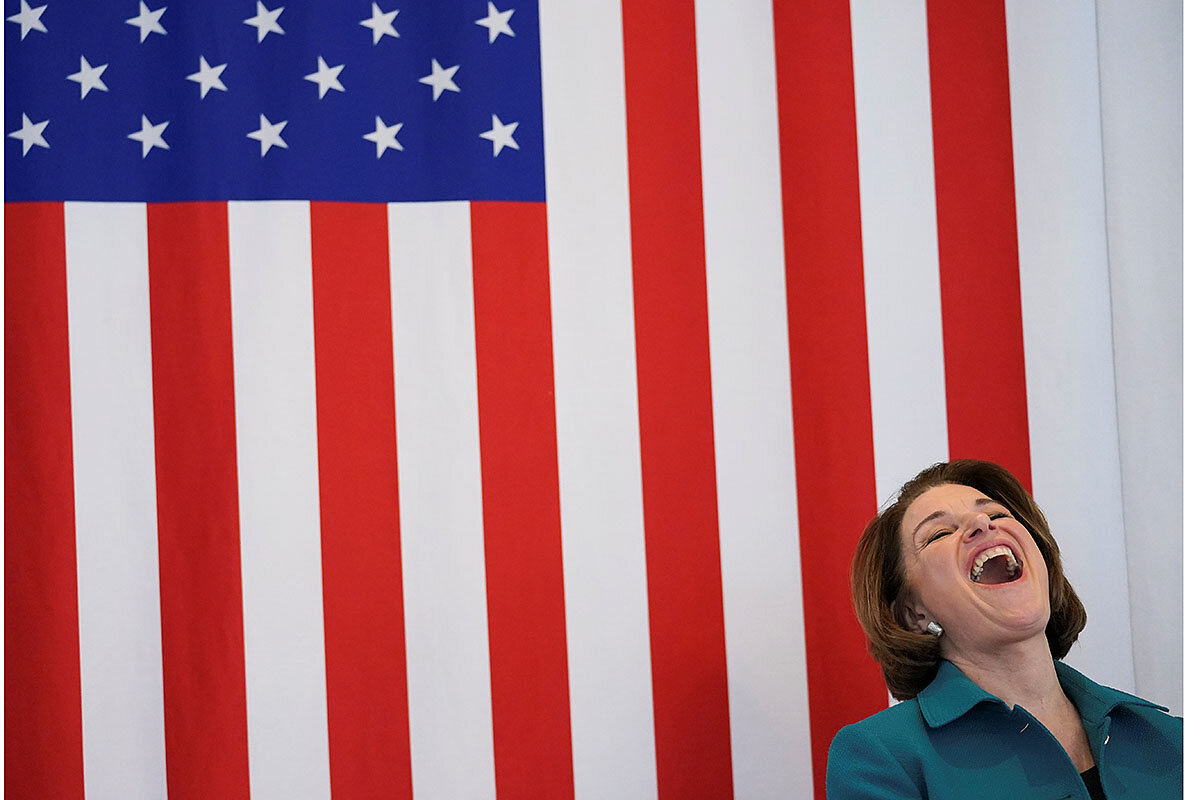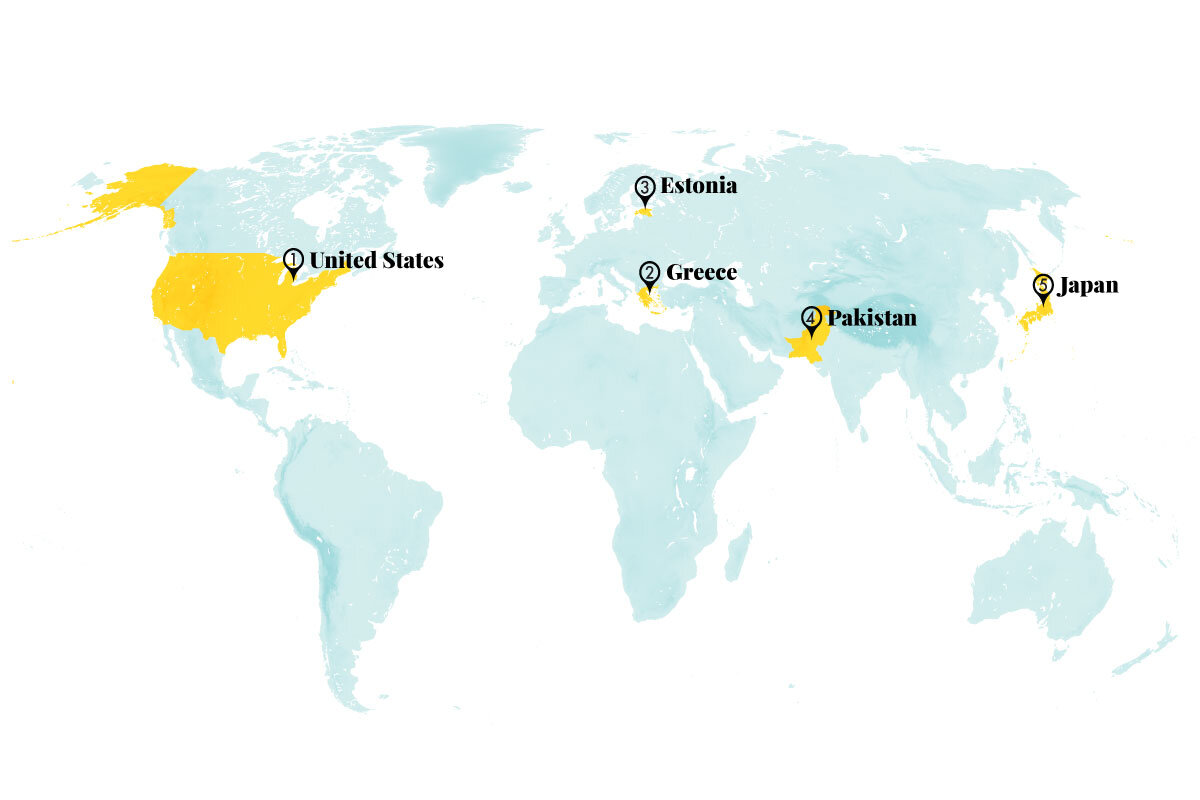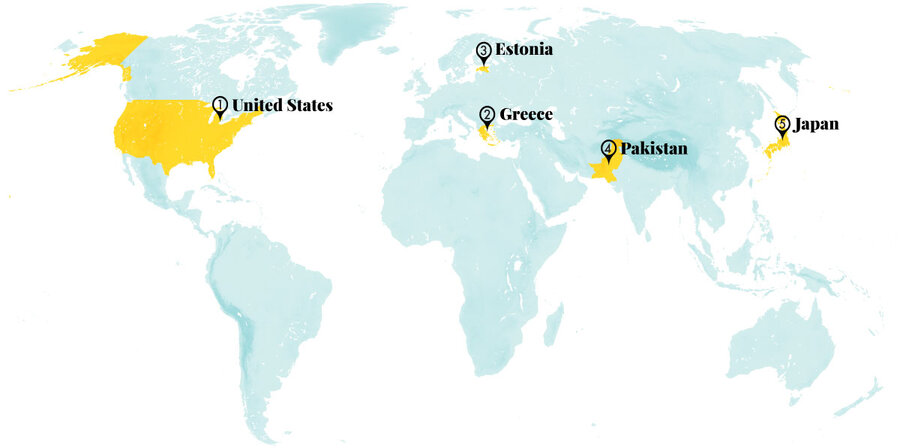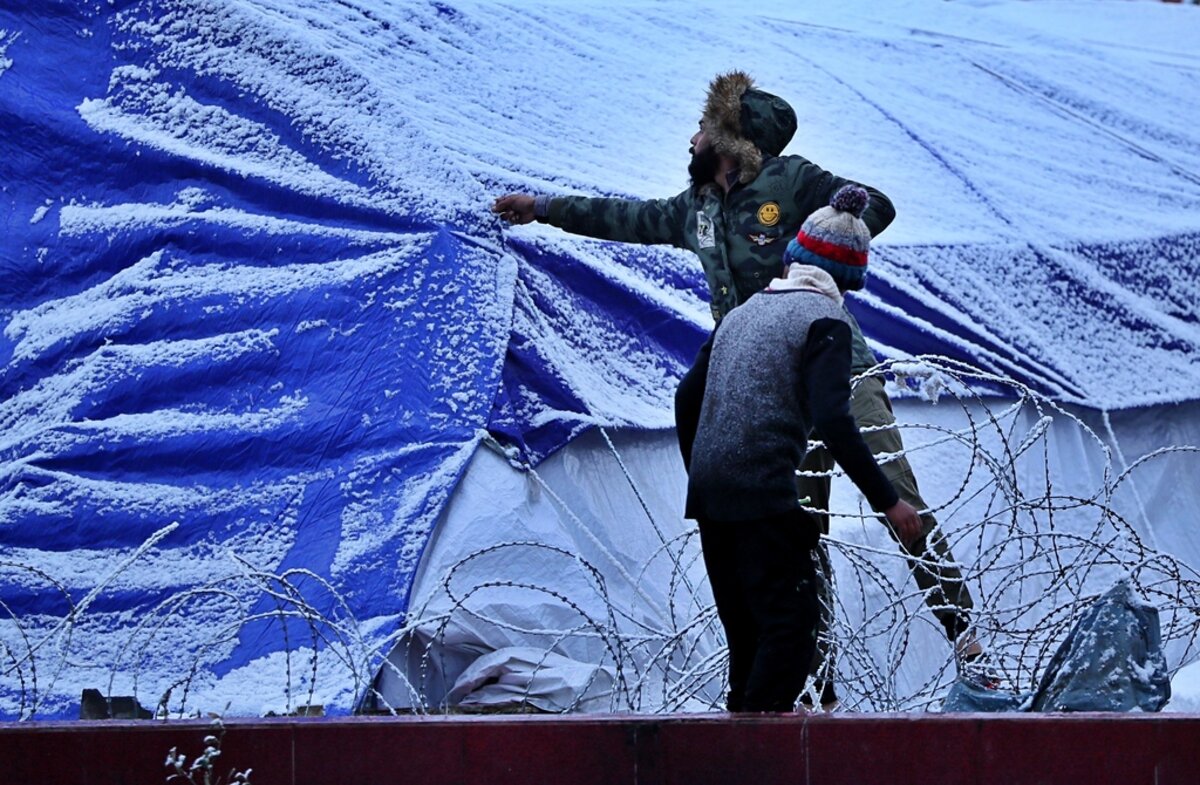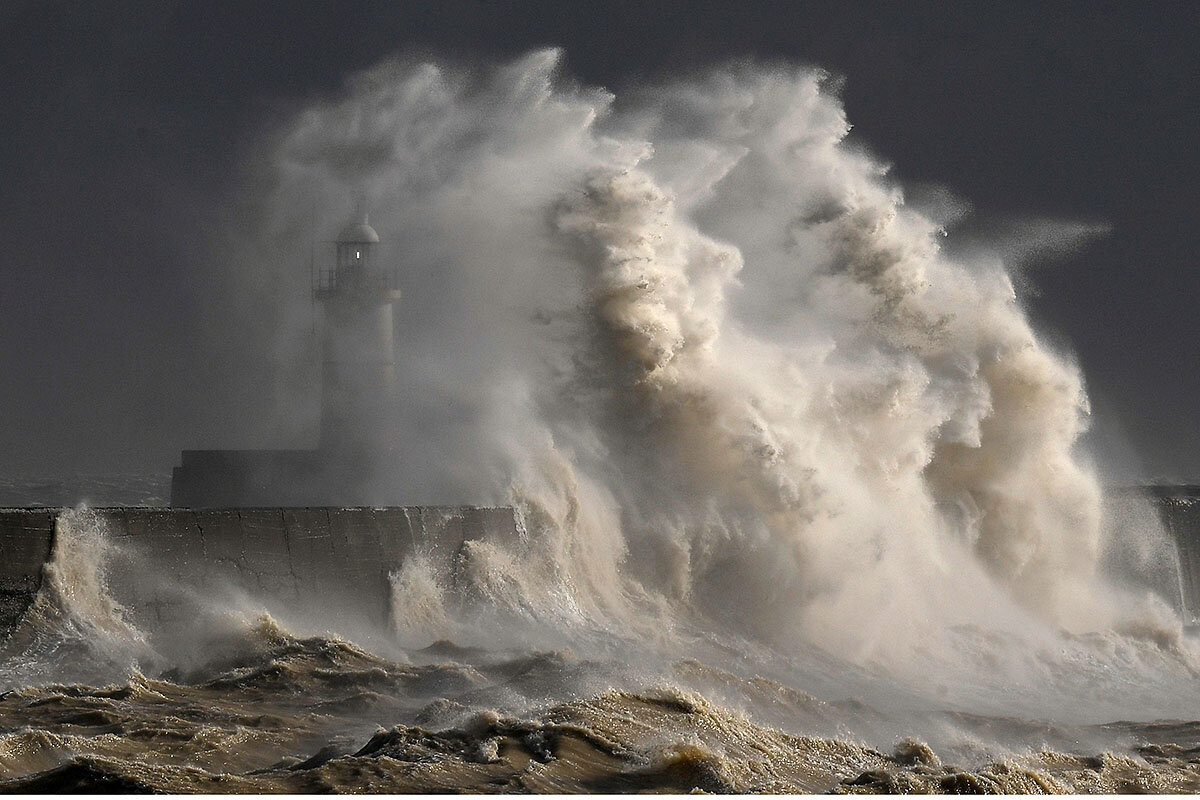What does a surge by the senator from Minnesota tell us about the New Hampshire electorate? It suggests a desire for pragmatism, Midwestern values, and yes, a sense of humor.
Monitor Daily Podcast
- Follow us:
- Apple Podcasts
- Spotify
- RSS Feed
- Download
 David Clark Scott
David Clark Scott
In today’s edition, our five selected stories cover Amy Klobuchar’s voter appeal, privacy versus safety in Brazil, the rise of a four-day workweek, fewer suicides in Latvia and Lithuania, and signs of progress worldwide.
The coronavirus story, to date, has mostly been a narrative of fear and rising, faceless numbers. But for Hong Kong-based journalist Yuli Yang, this is personal. She grew up in Wuhan, China. Her parents are OK, but struggling with three weeks of quarantine and the death of a friend.
Last week, Ms. Yang was “looking for a way to send beams of light into that darkness.” First, she published a “love letter” highlighting her hometown’s lakes, spicy noodles, and local hero, Li Na, a tennis star. The Wuhan vignettes were her effort to “open up a small space ... a space for compassion ... to support ... my fellow Wuhaners.”
Then, Ms. Yang organized a digital “get well soon” card on Twitter. “The people of Wuhan are fighting this virus and they need us ... so that we can all heal, collectively,” she told CNN Friday. The global response was swift and mostly inspiring.
“For those of you who have the virus, for those of you who are waiting and waiting ... you are not alone. We do care about you! We are praying for you. For strength, for healing, for peace ... Sending lots of love! #GoWuhan,” posted Celia Evenson, a French woman in Russia.
Ms. Yang translated and posted the notes on Weibo, a Chinese website. In one small corner of the internet, she is shattering the walls of isolation and indifference, sending light and love to the people of Wuhan.




